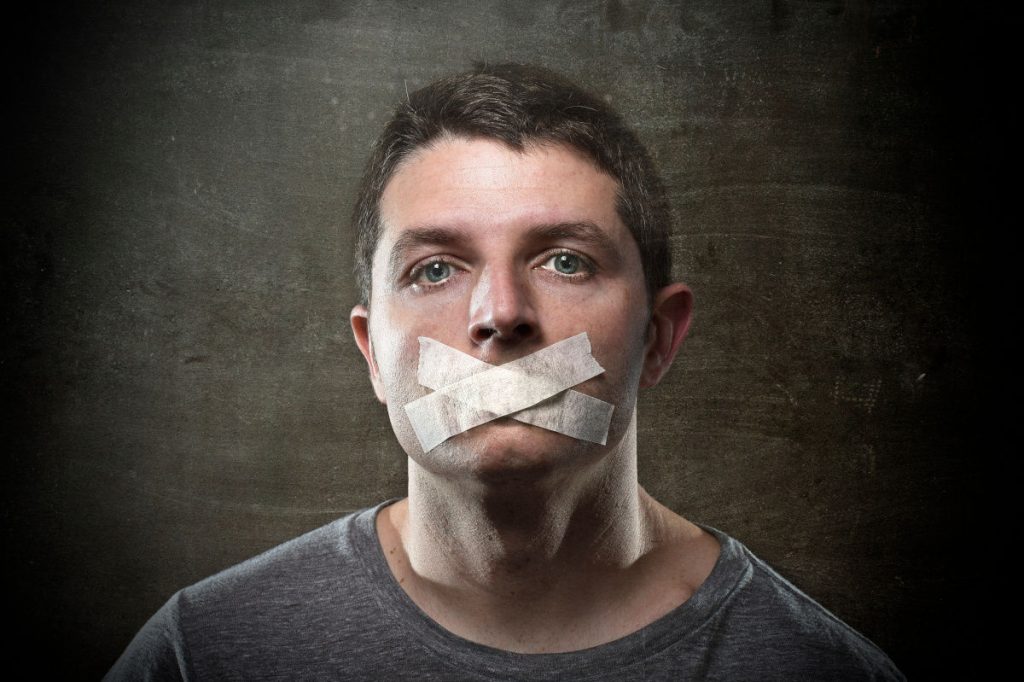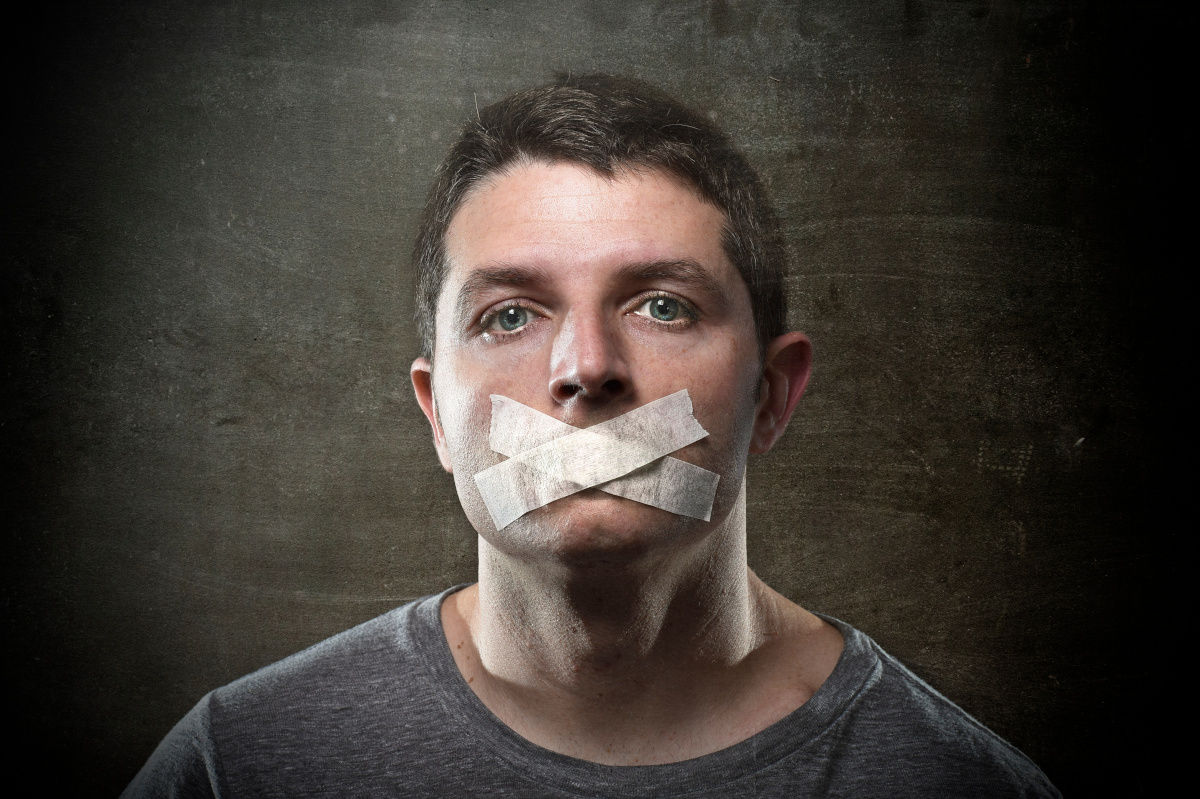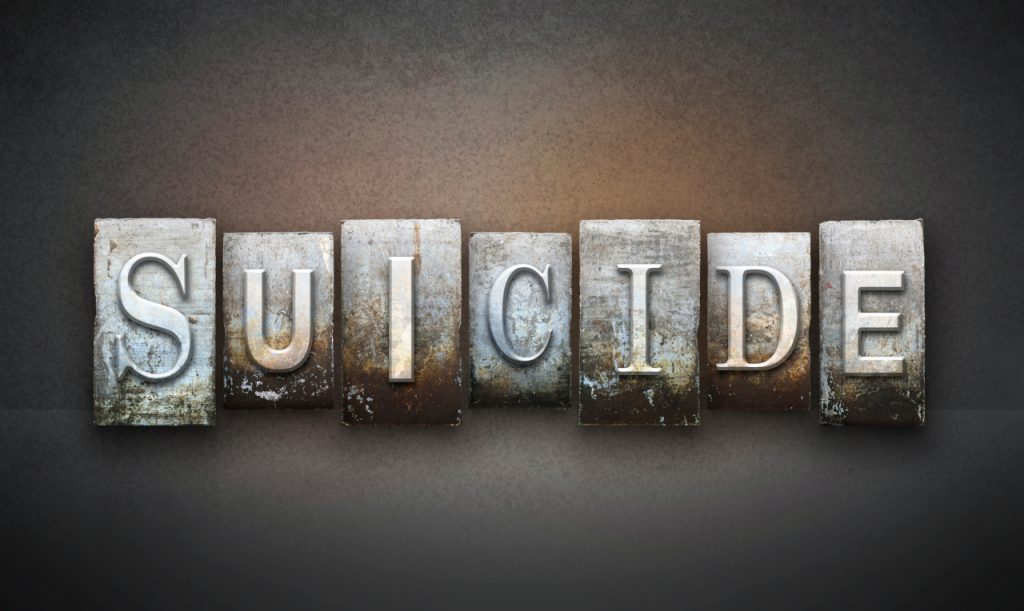We Americans love our rights. And we flaunt them when we can, even using them as battering rams when needed. But the reality is that schools are intended to teach reading, writing, arithmetic, history, science, and a few other academic disciplines. It is not a place given to apologetics or diatribes on issues of religion, personal beliefs, social issues, or culture.

I have a friend named Rick that served as a public school math teacher at Lee High School in northern Virginia. About a decade ago, he conducted a social experiment. For several weeks, he placed a sacred text on the corner of his mostly empty desk. Most of the books came right from local libraries. He started with some of the older texts like the Rig Veda, the Analects of Confucius, Daodejing, and the Upanishads. Some curious students would ask what the books were. Rick would always take time to explain what the text was, what religion it belonged to, and why he was reading it. Then he added newer texts: The Tanakh, the Qur’an, and the Babylonian Talmud. It became somewhat of a game with his students. They knew they could sidetrack the teacher from math for a few minutes each day if they asked questions about the text on his desk. Rick noted how inquisitive students seemed to be about what the books were and why Rick was reading them. After several weeks, Rick placed a Bible on the corner of his desk. The students knew this book. When they came in, they were already noting, “It’s a bible.” Rick was well known as a devout Catholic. No one asked about that book being on his desk. However, Rick was shocked when, just before lunch, his principal came into his room and told him he couldn’t have that book on his desk and that he could “not discuss religion during school hours.”
What happened to Rick is generally an accurate reflection in all public schools. A teacher’s personal beliefs have no real place in a classroom. Public schools, from the beginning, were designed to focus on the three “R’s:” Reading, wRiting, and aRithmatic. Ideology was to have no place in public school discourse.
Yesterday, NBC Nightly News aired a segment about “Culture Wars Driving Away Teachers” (https://www.nbcnews.com/nightly-news-netcast/video/nightly-news-full-broadcast-august-18th-146525253894). The gist of the report was that teachers, fed up with restraints on speaking about their personal positions on racism, are quitting the profession because they cannot openly discuss cultural hot-button topics like CRT, LGBTQ issues, and gender identity. States like Florida and Texas have banned teachers from discussing certain topics because they are deemed age inappropriate.
Last legislative session, the Florida legislators passed a law prohibiting discussing sexual identity issues with students below grade 4, citing the inappropriateness of doing so. A similar reaction occurred. Teachers are in an uproar over their “right” to discuss their personal values.
On the other end of the spectrum, a Virginia teacher was suspended from his position after voicing his concerns to the school board about a new law requiring him to address his students by their preferred pronouns (https://adflegal.org/press-release/virginia-teacher-placed-leave-engaging-free-speech-public-meeting). His objection was based upon his personal religious beliefs on gender. He was not suspended because he violated any laws but because he voiced his objections in a public school board meeting. That is a violation of freedom of speech.
We Americans love our rights. And we flaunt them when we can, even using them as battering rams when needed. But the reality is that schools are intended to teach reading, writing, arithmetic, history, science, and a few other academic disciplines. It is not a place given to apologetics or diatribes on issues of religion, personal beliefs, social issues, or culture. Private schools certainly have that luxury, but public teachers do not. But what is simply un-American is the trend that media covers the silencing of LGBTQ and CRT voices as appalling while neglecting to equally report on the historical silencing of voices of teachers with faith convictions. If we truly believe in justice for all, then ALL teachers have the right to voice their personal beliefs, or NO teachers have the right to voice their personal beliefs. While we all have the right to free speech, we also have the right to remain silent.



